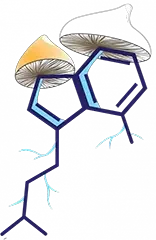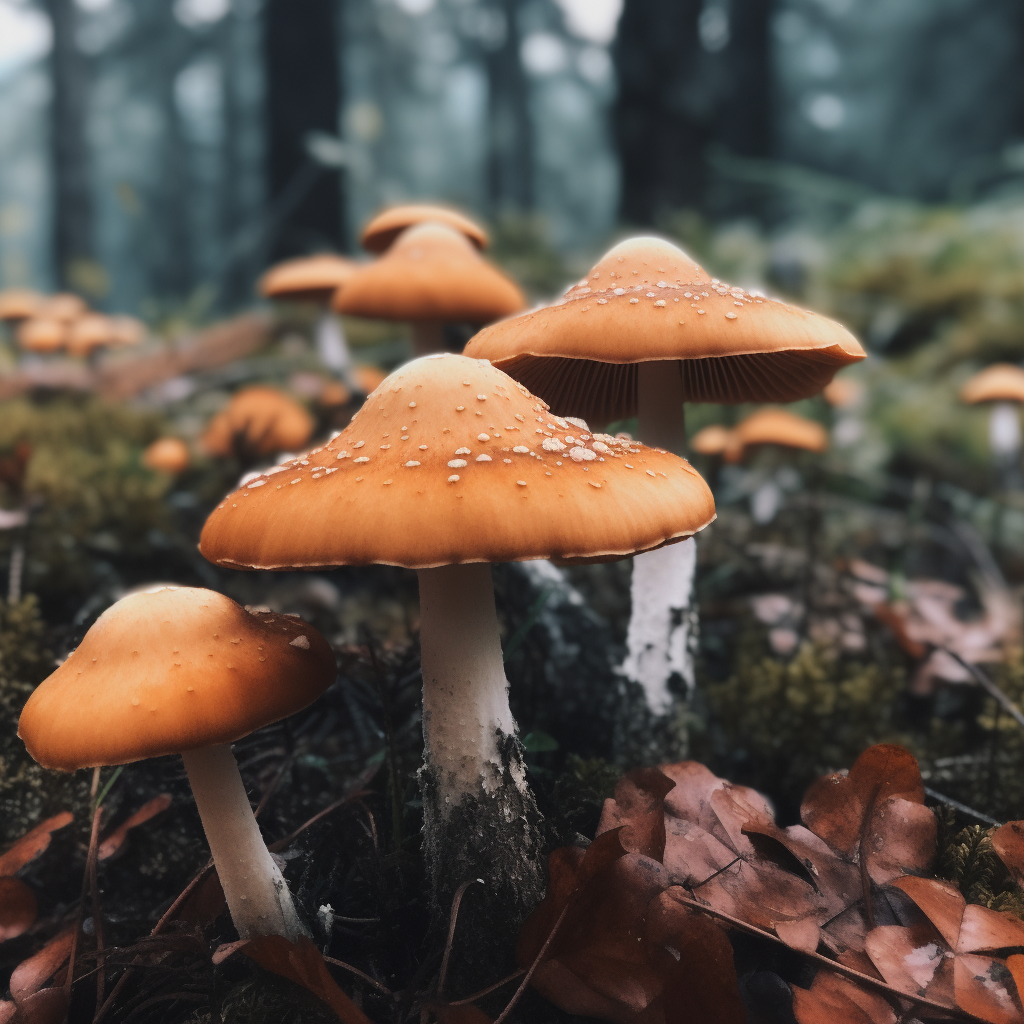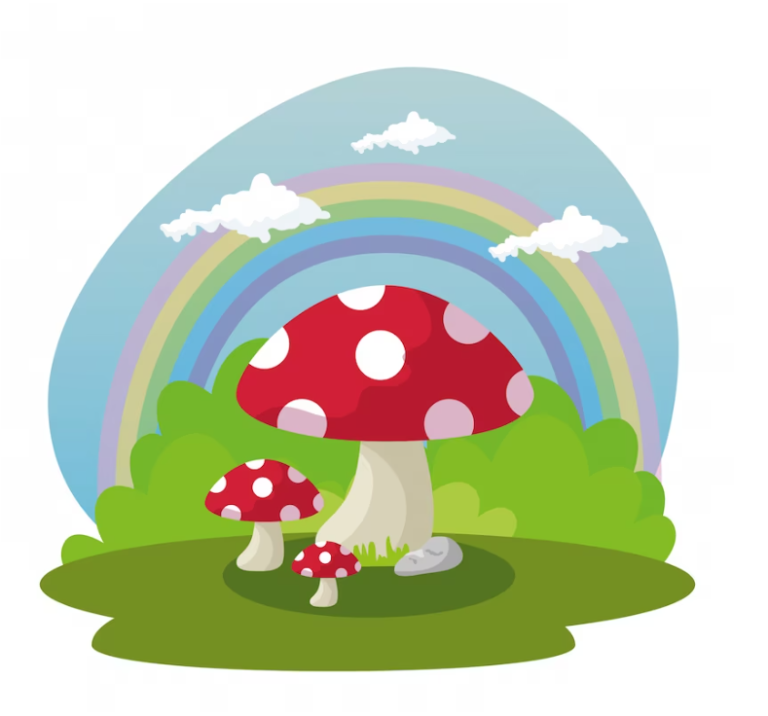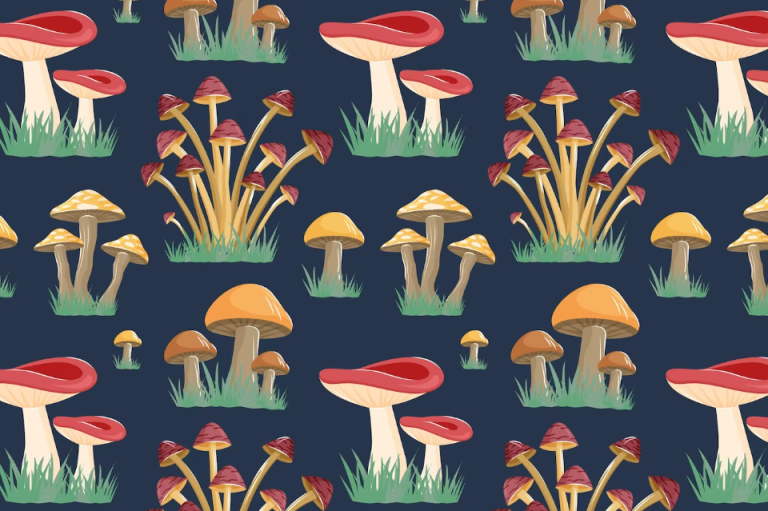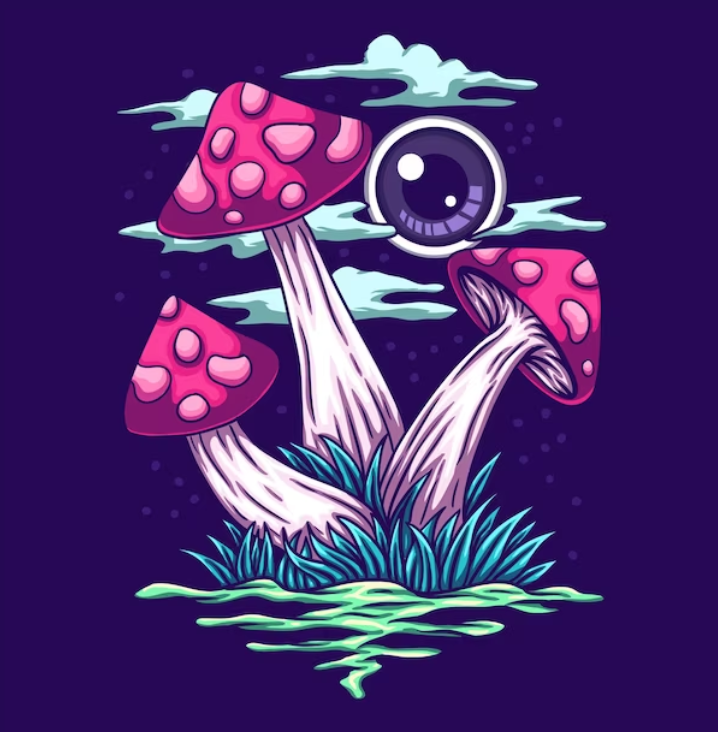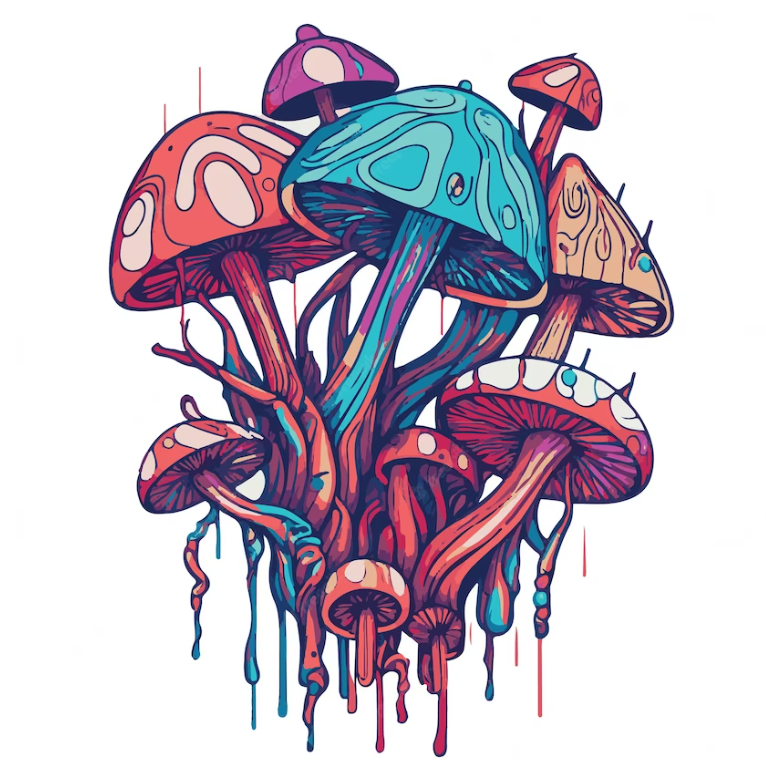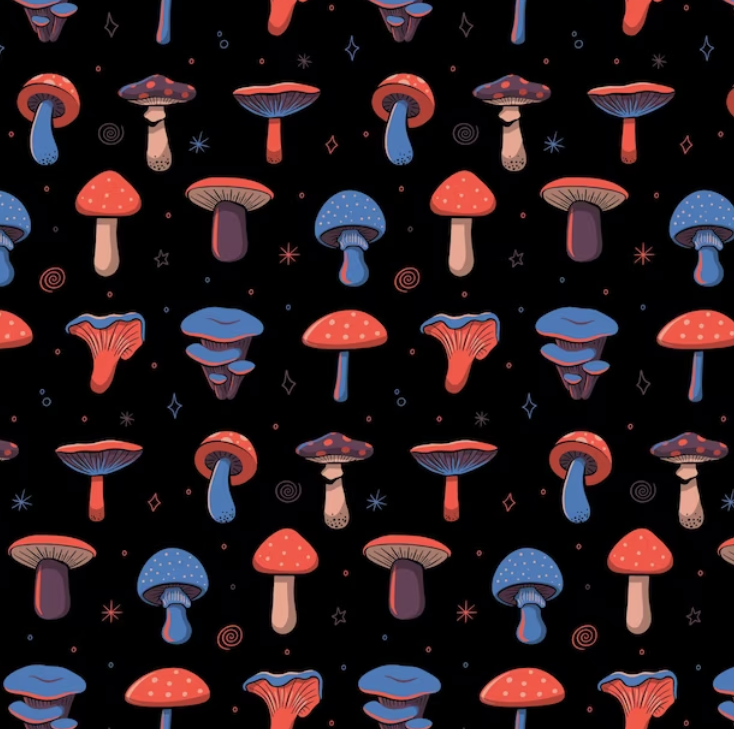Therapy’s Historical Significance and the Advent of Psychedelics
Therapy has been an integral part of human society for centuries. The sheer act of initiating open, vulnerable dialogue with a professional therapist, or even confiding in a reliable friend or family member, has proven to be a powerful tool. It liberates individuals from the oppressive grip of depression, breaks down barriers of self-limitation, and catapults them towards achieving their professional goals, among myriad other transformative effects.
However, a fresh therapeutic approach has sprung forth, amplifying the benefits of conventional methods. This radical technique is known as psychedelic therapy, a fascinating topic that this blog post will scrutinize in depth. Get ready to immerse yourself in the world of psychedelic therapy as we set sail on this illuminating journey.
What constitutes psychedelic therapy?
How does it distinguish itself from traditional therapy models? We will address these inquiries, demystifying this innovative therapeutic approach. As we journey further, we’ll also identify those who are the perfect candidates for psychedelic therapy—individuals who can leverage its distinctive capabilities to the maximum.
Furthermore, for those of you located in British Columbia, Canada, we will reveal the prime venues that provide outstanding psychedelic therapy experiences. Uncover these extraordinary locations and the transformative opportunities they offer, thus paving the way towards personal growth and healing.
Join us on this riveting voyage through the world of psychedelic therapy, untangling its mysteries and highlighting its impressive potential for personal advancement and well-being. Keep reading to broaden your knowledge and embrace the transformational power of this exceptional therapeutic frontier.
[gap]
[gap]
[gap]
[gap]
The Convergence of Therapy and Psychedelics: An Introduction to Psychedelic Therapy
Psychedelic therapy, sometimes called psychedelic counselling, is a hybrid discipline that blends two crucial components: therapy and psychedelics. This technique proposes an innovative shift in therapeutic practices, leveraging the transformative power of psychedelics.
Though a variety of psychedelics can be utilized in this therapeutic approach, we’ll spotlight the increasingly recognized psilocybin, derived from magic mushrooms. It’s worth noting that even though psychedelic therapy is currently enjoying a renewed wave of popularity and acceptance, it probably has historical antecedents. It’s plausible that individuals have been combining the use of psychedelic substances with deeply personal conversations for centuries.
Now, moving away from the historical backdrop, let’s probe:
The Core Principles of Psychedelic Therapy
The procedure of psychedelic therapy generally proceeds as follows:
1. Patients engage in sessions with a therapy duo, typically consisting of one male and one female therapist.
2. Multiple conventional therapy sessions occur to foster a strong bond and trust between the patient and therapists.
3. These initial sessions, known as “preparatory” sessions, aim to intensify the therapeutic relationship and promote mutual comprehension.
4. A concluding preparatory session takes place before the psychedelic session to align patient expectations and address any concerns.
5. During the psychedelic experience, which can extend for up to 8 or 10 hours, therapists offer unwavering support to the patient.
6. The patient is provided with supportive tools like eyeshades and curated music playlists, which encourage them to relinquish control and delve into the profound insights surfacing during the experience.
7. In some cases, patients might participate in several psychedelic sessions if necessary.
8. Following the psychedelic session, a sequence of shorter “integrative” sessions is conducted to assist the patient in incorporating their fresh insights into their self-image and personal evolution.
Psychedelic-assisted psychotherapy (PAP) is on the rise in Canada, parts of the European Union, and other regions where psychedelics are becoming legal. To find out if psychedelic therapy might be the right journey for you, delve deeper for more insights.
Continue your exploration to gain a holistic understanding of psychedelic therapy and evaluate if it’s a suitable fit for your personal ambitions and therapeutic objectives.
[gap]
[gap]
[gap]
Psychedelic Therapy – Who is it for?
[gap]
The core idea is that psychedelic therapy could potentially be a beneficial avenue for you if you often find yourself restrained by your thought patterns. Such thoughts are often referred to as self-limiting beliefs by psychologists and philosophers alike. These beliefs are something all of us possess, but our ability to overcome these barriers could be a defining factor in our journey towards achievement.
When it comes to achievement, psychedelic therapy could illuminate what truly holds value in your life. In doing so, it equally shines a light on what doesn’t. A considerable portion of our existence is often guided, sometimes unknowingly or subconsciously, by our egos. Why could this be a problem? Mainly because the ego harbours an insatiable appetite for materialistic success.
By considering the two transitions stated above, psychedelic therapy could potentially bridge the gap between who you truly are and who your ego aspires you to be, while concurrently dismantling self-limiting beliefs. Sounds intriguing, doesn’t it?
Psychedelic Integration Therapy could be a suitable option for you if:
- You’re dealing with post-traumatic stress disorder (PTSD)
- You’re battling substance addiction
- You’re seeking an additional spark of creativity for your professional or academic pursuits
- You’re living with mental health disorders (such as depression, anxiety, and so on)
- You’re plagued with ‘stuck thoughts’ and are eager to recondition your brain
However, some benefits of psychedelic therapy have yet to be scientifically validated, and that’s completely fine! As Jordan Peterson voiced to Tim Ferris on his podcast, the experience carries a spiritual, meaningful aspect that might be beyond our scientific comprehension. Our current scientific approach might limit our ability to fully understand this.
Peterson then delves into Terence McKenna’s stoned ape theory, suggesting a mutual evolution between humans and psilocybin, each accelerating the growth of the other. Interestingly, he mentions that humans are not the only species to utilize psychedelics. Other mammals, and even flies (hence the nickname Fly Algaric for the Amanita Muscaria mushroom), also partake. It’s possible that various life forms have discovered their own versions of psychedelic therapy.
[gap]
[gap]
[divider align=”center”]
As Canada’s Most Trusted Online Source for Magic Mushroom and other medicinal psychedelics you rest assured knowing you are receiving only the absolute best product. Browse our online shop today and find the therapy you’ve been seeking.
[divider]
[ux_image id=”7966″]
[gap]
[gap]
Psychedelic Therapy in Newfoundland and Labrador
[gap]
Exploring Psychedelic-Assisted Therapy in St. Johns (Newfoundland)
The Psychedelic Society of Newfoundland & Labrador stands as a beacon for those curious about psychedelic therapy in St. Johns.
As per their website, one of the premier destinations for psychedelic therapy in St. Johns is Nectara.
Nectara approaches their patients with a “comprehensive philosophy of wellness and integration.” Essentially, Nectara values the post-experience period or the afterglow just as much as the psychedelic experiences themselves. Their mantra, as quoted from their website, is “We advocate for less psychedelics and more integration focused on the mind, body, soul, and community.”
At present, Nectara doesn’t host retreats or supply psychedelics. Their emphasis is primarily on providing support to individuals before and after their psychedelic experiences. However, they express a keen interest in joining hands with top-tier retreat centers in the times to come.
